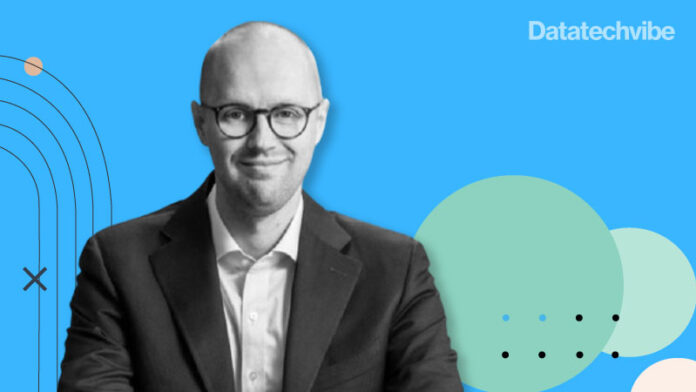He is a leader transforming businesses with data and advanced analytics. As a Chief Data Scientist at Ramboll, Janne Liuttu leads global analytics and data science practice for the civil engineering group, creating sustainable solutions. Before joining Ramboll, he worked in strategic data initiatives for startups and multinational corporations in various industries. One of the speakers at the Velocity Data and Analytics Summit, Liuttu, talks about lessons that can be learnt from data breaches and how to create a data-driven culture.
The pandemic forced organisations to relook at their IT operations. Share critical challenges you faced.
As a company with a wide portfolio of businesses, the challenges within any individual business vary. But one common challenge is connectivity when moving most of the employees to work from home. Civil engineers work with large files and processes that require a lot of computing power, therefore maintaining access to computing environments while people are switched to locations outside the office network is a challenging task for IT infrastructure.
There have been significant data security breaches across various organisations; what lessons can be learnt? How prepared are businesses now?
Security is an increasingly important topic, and cyber attackers are getting more creative and are continuously refining their methods. Although the overall awareness is increasing, the lesson to be learned is that any organisation is as secure as its weakest link. Training and building a security culture remain important activities and need to be maintained at all times.
Are organisations investing enough in data and analytics? What is the innovation you are looking forward to?
Organisations are making massive investments in data and analytics, but recently the discussion around the tangible benefits of these investments has been increasing. In my opinion, data and analytics innovations, just like any other initiatives, should originate from the strategy of the organisation and focus in areas and applications where they have the potential to create the highest return on investment. There is a lot of hype around the topic, and I’m looking forward to learning about organisations that make data-driven decisions and have their basics done right. Such organisations are still quite sparse.
Also Read: Digital Transformation – Ready to Take Your First Step?
How can AI be leveraged to reduce carbon footprint and increase sustainability for enterprises?
We are mainly working with the construction industry, which is a massive contributor to both carbon emissions and waste. To reduce it, we need to understand where the emissions are generated from and what contributes to it, and then prioritise the most efficient remediations.
We need data to learn and make informed decisions, and systematically collecting data on sustainability of operations and utilising AI to prioritise activities is a huge opportunity for any company.
What steps do you take to create a data-driven culture across functions?
I think John Kotter’s 8-steps of change provides timeless advice for any change initiative. Having a compelling vision and communicating it actively is a must, but without urgency nothing gets started. And in the end, you must show tangible benefits to anchor change in the culture.
Velocity, the Data and Analytics Summit, will deliberate on how and why data-informed decisions are critical for organisations. This in-person summit is scheduled for the 14th and 15th of September 2021 in Dubai, UAE.









